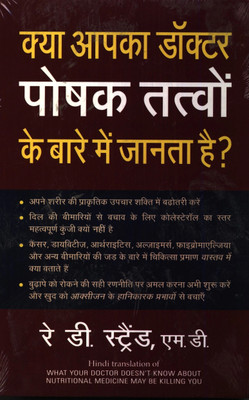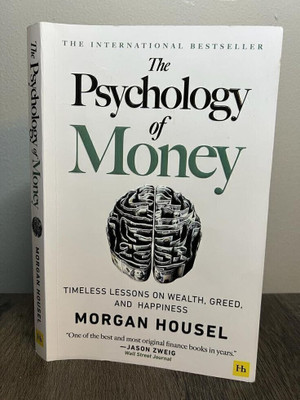
IGNOU BPSE 146 Conflict Resolution and Peace building | Guess Paper | Important Question Answer | Bachelor of Arts (BAG)Political Science (Paperback, BMA Publication)
Share
IGNOU BPSE 146 Conflict Resolution and Peace building | Guess Paper | Important Question Answer | Bachelor of Arts (BAG)Political Science (Paperback, BMA Publication)
Be the first to Review this product
Special price
₹222
₹399
44% off
Coupons for you
T&C
Available offers
T&C
T&C
T&C
T&C
Delivery
Check
Enter pincode
Delivery by14 Aug, Thursday
?
View Details
Highlights
- Binding: Paperback
- Publisher: BMA Publication
- ISBN: 9780106634415
- Edition: Latest, 2024
- Pages: 80
Services
- Cash on Delivery available?
Seller
Description
Introduction to Conflict Resolution and Peacebuilding:
Understanding the concepts of conflict, violence, and peacebuilding.
Overview of the theoretical frameworks and approaches to conflict resolution.
Causes of Conflict:
Exploration of the root causes of conflict, including socio-economic disparities, political grievances, identity-based tensions, and resource competition.
Analysis of internal and external factors contributing to the escalation of conflicts.
Types of Conflict:
Study of different types of conflict, including interstate conflicts, intrastate conflicts, ethnic conflicts, religious conflicts, and ideological conflicts.
Analysis of the dynamics, actors, and patterns of various conflicts around the world.
Peacebuilding and Conflict Transformation:
Understanding the principles and practices of peacebuilding and conflict transformation.
Exploration of strategies for addressing the underlying causes of conflict and building sustainable peace.
Peace Processes and Negotiation:
Study of peace processes and negotiation techniques used to resolve conflicts.
Analysis of the roles of mediators, facilitators, and third-party interveners in peace negotiations.
Conflict Prevention and Early Warning:
Overview of conflict prevention strategies and early warning mechanisms.
Analysis of the importance of early detection and proactive measures in preventing conflicts from escalating.
Reconciliation and Healing:
Understanding the processes of reconciliation, healing, and post-conflict reconstruction.
Exploration of transitional justice mechanisms, truth commissions, and reparations for victims of conflict.
Read More
Specifications
Book Details
| Publication Year |
|
| Book Type |
|
| Exam |
|
| Number of Pages |
|
| Net Quantity |
|
School Books Details
| Subject |
|
University Books Details
| Stream |
|
| Degree/Diploma |
|
| Specialization |
|
| Subject |
|
Additional Features
| Age Group |
|
In The Box
|
Be the first to ask about this product
Safe and Secure Payments.Easy returns.100% Authentic products.
Back to top




